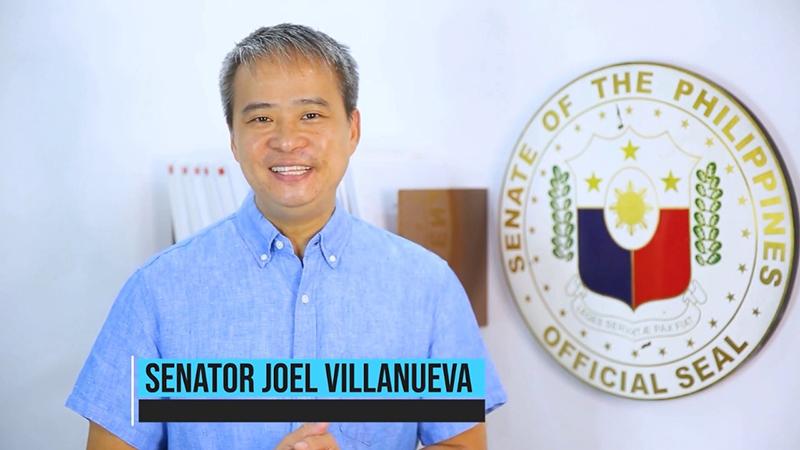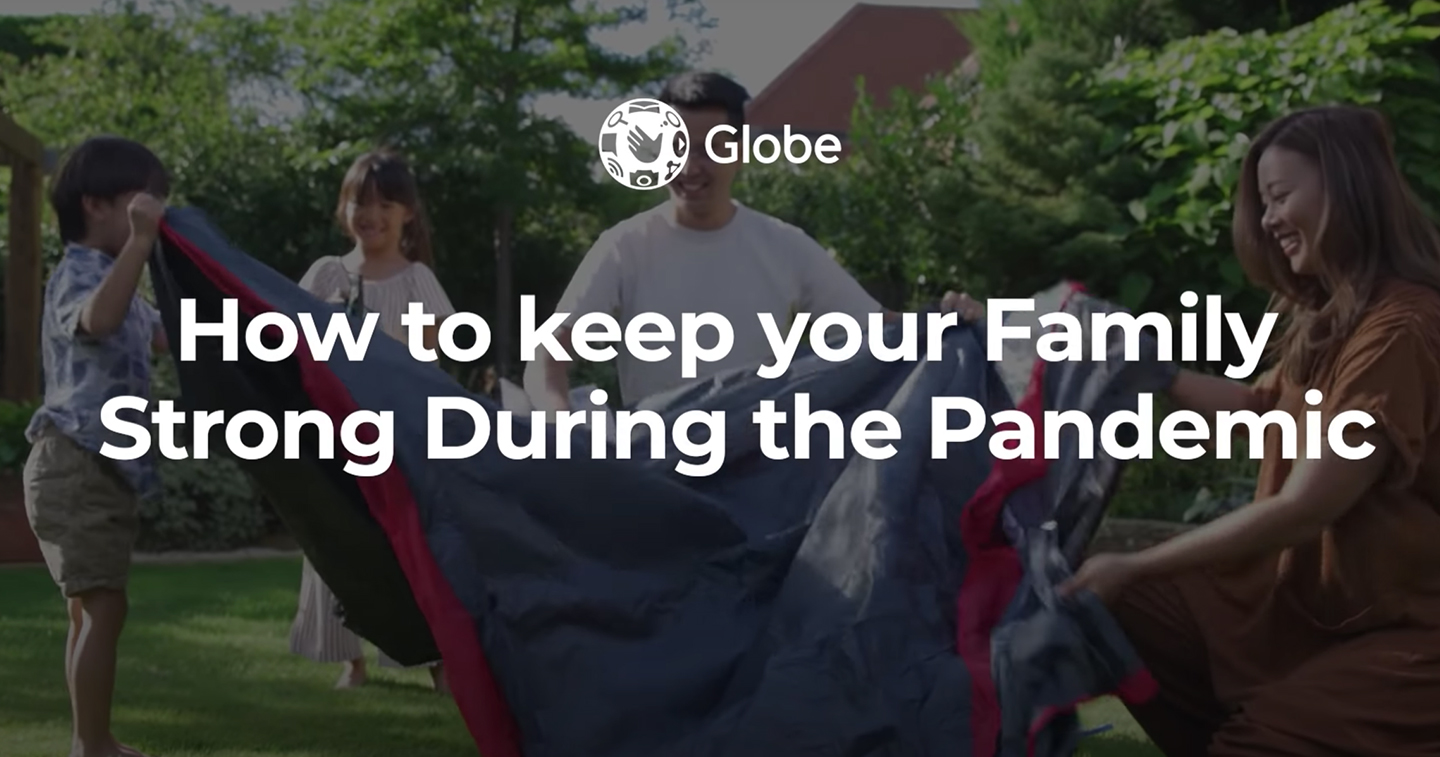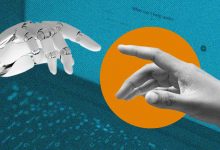MANILA, PHILIPPINES — More than its impact on communities worldwide, COVID-19 has affected even the smallest communities within the four walls of many homes. The resilience of every family is tested by challenges such as the ongoing pandemic.

This was a significant talking point in the latest session of TAYO Naman! (Tulong, Alaga, Yakap at Oras para sa mga Tagapagtaguyod ng Edukasyon), a webinar series by the Department of Education (DepEd) and Globe designed to help teachers, non-teaching personnel, and parents learn more about self-care, wellness, and resilience.
In the episode entitled “Strengthening Family Relationships Amidst the COVID-19 Pandemic” held recently, guest speaker Jing Castañeda, a broadcast journalist and Board Member of the Philippine Mental Health Association, noted how the family unit is being tested to the hilt under current circumstances.
“Marami na pong pag-aaral na nagsasabi na talagang nasusubukan ngayon ang katatagan at mental health ng mga pamilya dahil sa COVID-19. So dalawa yun our individual mental health and the resilience of our family. We want to emerge stronger so importante na ibangon at mapagtibay ang ating mga pamilya. Build back better. Build back faster,” Castañeda said.
She pointed out the vital role parents play in building resilience among their children, especially during the pandemic. “Napakahalaga po na maging magaling—hindi lang po mabuti—na mga magulang dahil tayo po ang mga haligi at pundasyon ng ating pamilya. A resilient family develops resilient children,” she said.
Castañeda provided ways to encourage the balance of resilience. This includes:
- Unloading the negative side. Use social media responsibly, stay away from toxic posts, follow health protocols, apply for financial assistance if needed, create routines within the family, and practice self-care. Lessen the things that could feed stress.
- Loading up on the positive side. Pray more, be a “kasambuhay” use social media responsibly, use technology to reach out, enjoy more family time, and assure children of a stable relationship as a family.
- Moving the fulcrum. Use social media to retool, learn new skills, and train the brain to plan, focus, juggle multiple tasks, and have self-control. Use technology to give order and structure.
Senator Joel Villanueva also made an appearance during the session. He shared the tragedy that befell his family last year and gave personal reflections on the value of strong family relationships. His mother, Adoracion Jose Villanueva, and sister, former Bocaue Mayor Joni Villanueva-Tugna, passed away just months apart.
“Hanggang ngayon, hindi ko pa rin maipaliwanag ang sakit na nadarama ko. Subalit ang palaging bumabalik sa isip ko, ‘Sana may isang segundo pa ako para makasama sila.’ Moments like these make us realize all the more what family means in our lives. Puso at sentro pala talaga ng buhay natin ang ating pamilya,” said Villanueva.
Villanueva — author of the work-from-home law passed before the health crisis who helped make the set-up the norm for many businesses — stressed that family members must never forget to check on one another despite busy schedules.
He offered advice for a closer, happier family:
- Time is a matter of priority. Devote even one second of the day to family not just to ask them ‘Kamusta’ but to say ‘I love you.’
- Don’t settle for the default settings in life. A strong family relationship does not happen instantaneously. People can make edits and improvements.
- Create a positive space in life and let the family be a part of it to nurture positive relationships.
The episode was spearheaded by the DepEd School Division of Camarines Sur. Panelists were Minnie Talaguit (Public School District Supervisor of the Goa District); Marjorie Gabatin (Master Teacher II of the Sagurong High School); and Antonio Valencia (SHS Teacher II of the Juan F. Triveño Memorial High School).
The TAYO Naman webinars are led by the DepEd Disaster Risk Reduction Management Services (DepEd-DRRMS) and the Bureau of Human Resource and Organizational Development-Employee Welfare Division (BHROD-EWD) in collaboration with Globe’s Global Filipino Teachers Series on Psychosocial Support Services, Philippine Mental Health Association Inc., and MAGIS Creative Spaces.
The webinars are held every Friday from 8:30 to 10:00 am and streamed live on DepEd Philippines, DepEd DRRMS, and Globe Bridgecom.
Globe strongly supports the United Nations Sustainable Development Goals such as UN SDG No. 3 on good health and well-being and UN SDG No. 4 on inclusive and equitable quality education for all. Globe is committed to upholding the United Nations Global Compact principles and contributing to 10 UN SDGs.
To learn more about how to create a #GlobeOfGood, visit: www.globe.com.ph/about-us/sustainability.html.








